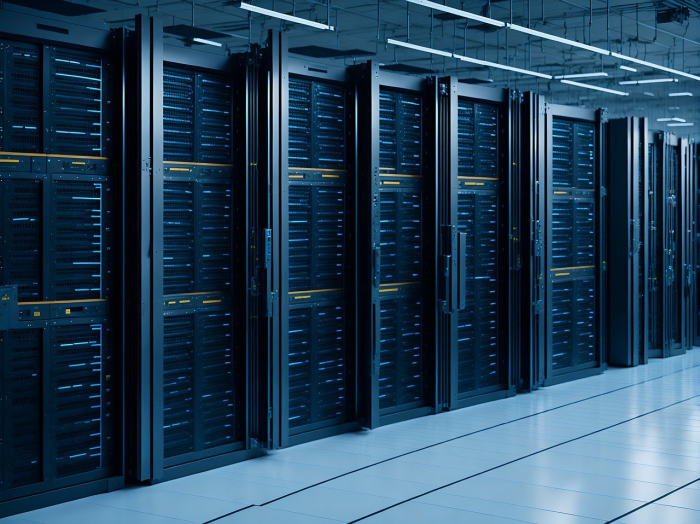Data centres are pivotal to the UK's digital economy, powering everything from cloud services and e-commerce to essential public services. With an ever-growing demand for data storage and processing, last week the UK government categorised data centres alongside the NHS and Energy as "critical national infrastructure", highlighting their importance in maintaining national security and economic stability. As the consumption of data increases, so does the need for data centres to expand their storage capacity, which in turn increases the demand for reliable energy to power them.
Posted
25.09.2024
Written by
London is the largest data centre market in Europe and will be the first-gigawatt data centre hub in the region, with CBRE reporting that take-up in 2025 is expected to be almost triple 2019 levels. Mordor Intelligence reported that the sector in the UK was valued at over £7 billion annually, with future growth anticipated due to the explosion of cloud computing, artificial intelligence (AI), and big data applications.
This ongoing expansion reflects the digital transformation across sectors, from retail to healthcare, as businesses rely heavily on digital platforms. Data centres play a crucial role in ensuring business continuity, making them indispensable to the overall functioning of the economy. Failure or downtime in these centres can result in substantial financial and reputational damage. According to a study by Uptime Institute, the cost of a single minute of data centre downtime can range from £5,000 to over £7,000, making reliable power supply and safety management essential.
The Need for Sustainable Power Solutions
With the growing energy consumption of data centres comes an equally growing concern over their environmental impact. Data centres consume about 3% of the world’s electricity and contribute to around 2% of global carbon emissions, according to a report from the International Energy Agency (IEA). In the UK, their energy consumption continues to rise, with operators facing increased pressure to find greener solutions to their power needs.
Traditionally, most data centres have relied on diesel generators for backup power, but diesel is notorious for its carbon emissions and environmental degradation. To address these issues, companies are turning to alternative on-site power generation solutions, such as hydrogen fuel cells, natural gas, biogas generators, and renewable energy sources like wind and solar power.




